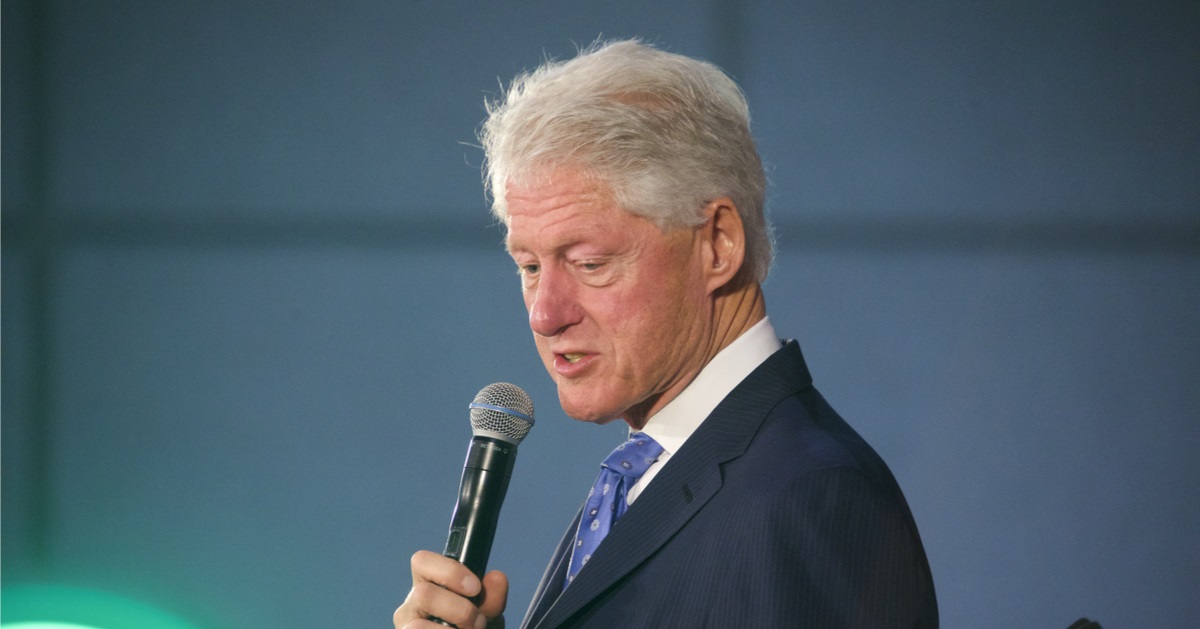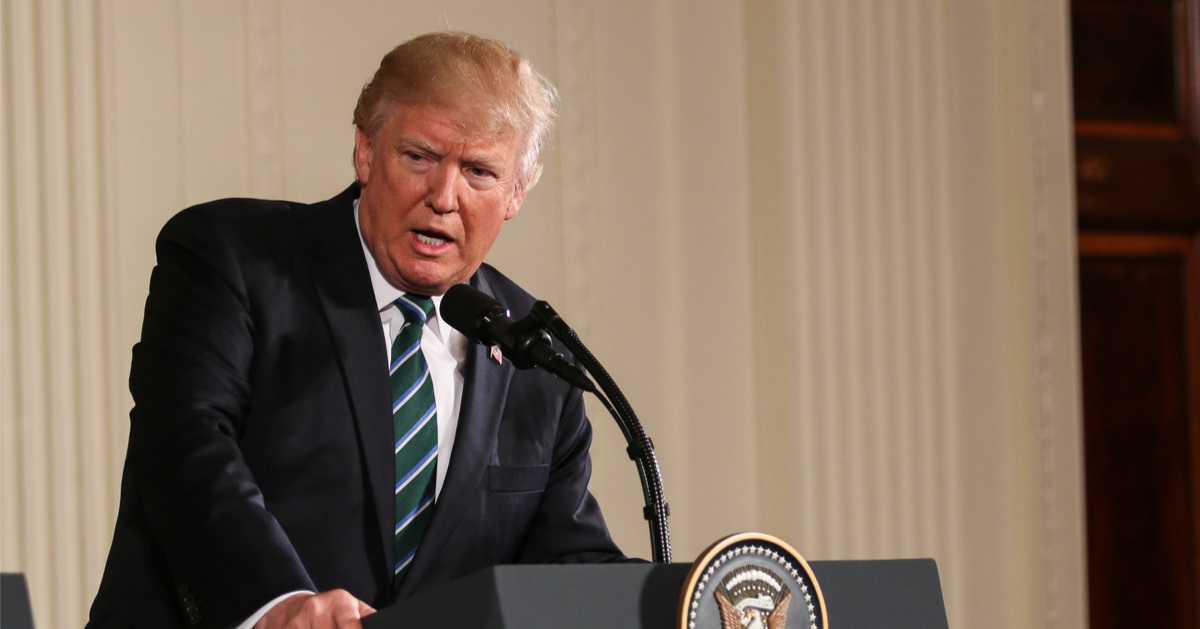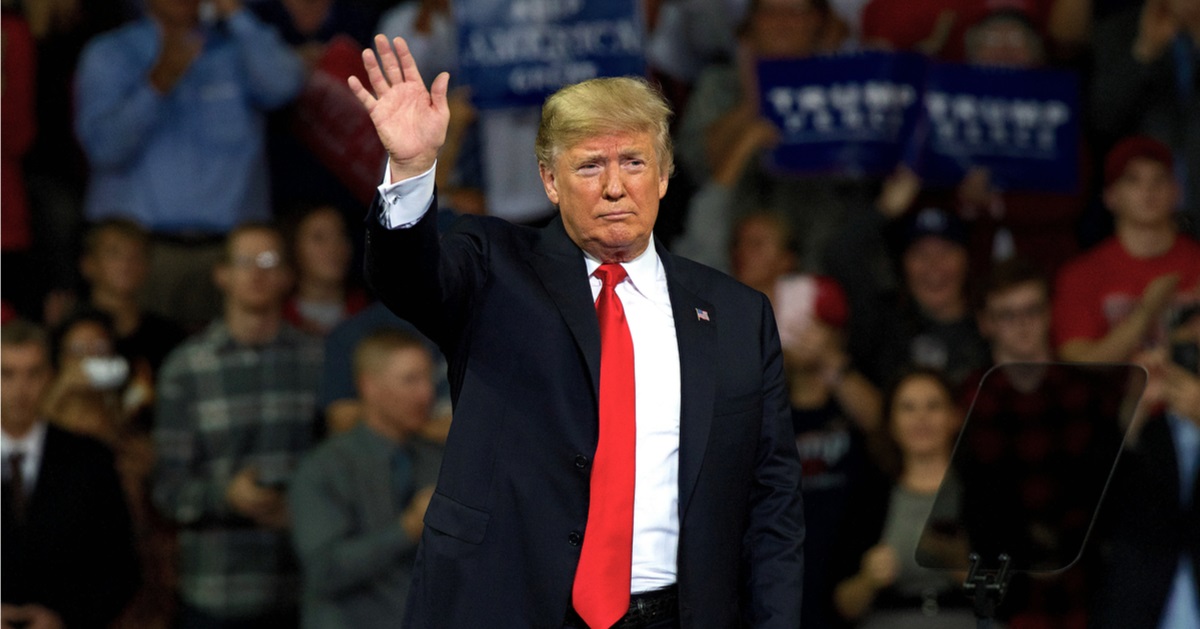Gorsuch and Barrett join liberals in pivotal Supreme Court decision
The Supreme Court's decision on Wednesday marked a significant shift as Justices Neil Gorsuch and Amy Coney Barrett aligned with the liberal members to rule on a case involving the RICO Act.
The Court, with a 5-4 vote, ruled favorably for the plaintiff, allowing individuals to claim damages for personal injuries stemming from losses of business or property under specific conditions.
The case of Medical Marijuana v. Horn revolved around the RICO Act and tested whether personal injuries could warrant compensation when linked to business or property loss. This decision is especially noteworthy as it showcases Gorsuch diverging from his usual conservative alignment, a rare occurrence since his 2017 appointment by former President Trump.
Gorsuch and Barrett Support Liberal Justices
Justice Amy Coney Barrett, another appointee by former President Trump, also joined the liberal justices. Barrett authored the Court's majority opinion, emphasizing the conditions under which the "business or property" requirement of the RICO Act could apply. According to Barrett, the law permits recovery for business or property loss regardless of a personal injury's cause.
Justice Barrett illustrated the ruling with an example: a gas station owner who suffers an injury during a robbery might not recover for pain and suffering, but could recover for the consequent business loss if his injuries force him to close the station.
The plaintiff, Douglas Horn, was a truck driver who used CBD oil, "Dixie X," and later tested positive for THC leading to his dismissal. He subsequently sued Medical Marijuana, Inc. under the RICO Act, attributing his job loss to mail and wire fraud.
Dissenting Opinions Present Different Views
The ruling saw strong dissent, with Justices Thomas and Kavanaugh voicing opposition. Justice Kavanaugh, joined by Chief Justice Roberts and Justice Alito in the dissent, argued that such personal-injury claims should not be permissible under RICO.
Justice Kavanaugh expressed concerns regarding potential misuse of the ruling, suggesting that it may blur the lines between personal-injury and property-injury suits. He warned that the ruling might create logistical complexities for courts adjudicating future RICO cases.
However, the Court's majority opinion remanded the case for further proceedings, signaling potential new avenues for RICO litigation. This outcome could set a precedent for future cases where personal injuries intersect with substantial business or property losses.
Context of the RICO Act and Case History
The RICO Act, historically used to combat organized crime, allows plaintiffs to claim damages from unlawful business practices when they suffer "business or property" damages. The decision to include personal injuries in this context has far-reaching implications.
Horn's case began when his employer terminated him following a failed drug test, resulting in his legal battle against Medical Marijuana, Inc. Horn claimed that the CBD oil falsely caused his positive result, arguing that it constituted fraud under the RICO Act.
The Supreme Court's decision now sets a precedent where plaintiffs could recover damages if personal injuries indirectly lead to financial losses in business or property. This broadens the potential applications of the RICO Act beyond its traditional scope.
Impact and Future Implications
The Court's 5-4 decision underscores the dynamic nature of judicial interpretation and the role of individual justices in shaping the law's outcomes. It highlights a strategic alliance among justices who typically approach cases from different ideological standpoints.
Justice Gorsuch's alignment with liberal justices demonstrates the complexity of legal interpretation beyond partisan lines. It shows that judicial alliances are not always predictable, providing a nuanced look at Supreme Court dynamics.
As the case returns to lower courts for additional proceedings, its outcome will be closely watched by legal experts, employers, and business entities. The ruling could influence future litigation strategies and reshape elements of U.S. law relating to personal and property injury.
Significance of the Supreme Court's Decision
This ruling's significance extends into broader legal and societal contexts, inviting dialogue on the evolving interpretations of longstanding statutes like the RICO Act. As new cases emerge, the boundaries tested by Horn may continue to expand.
The involvement of Justices Gorsuch and Barrett in this landmark decision reflects the fluid dynamics within the highest court. It signifies potential shifts in how justices may approach complex legal issues, especially those intersecting with evolving societal norms.
The Supreme Court's judgment illustrates the continual evolution of American jurisprudence and the diverse array of factors influencing landmark rulings, providing a modern context for the interpretation of established legal statutes.





